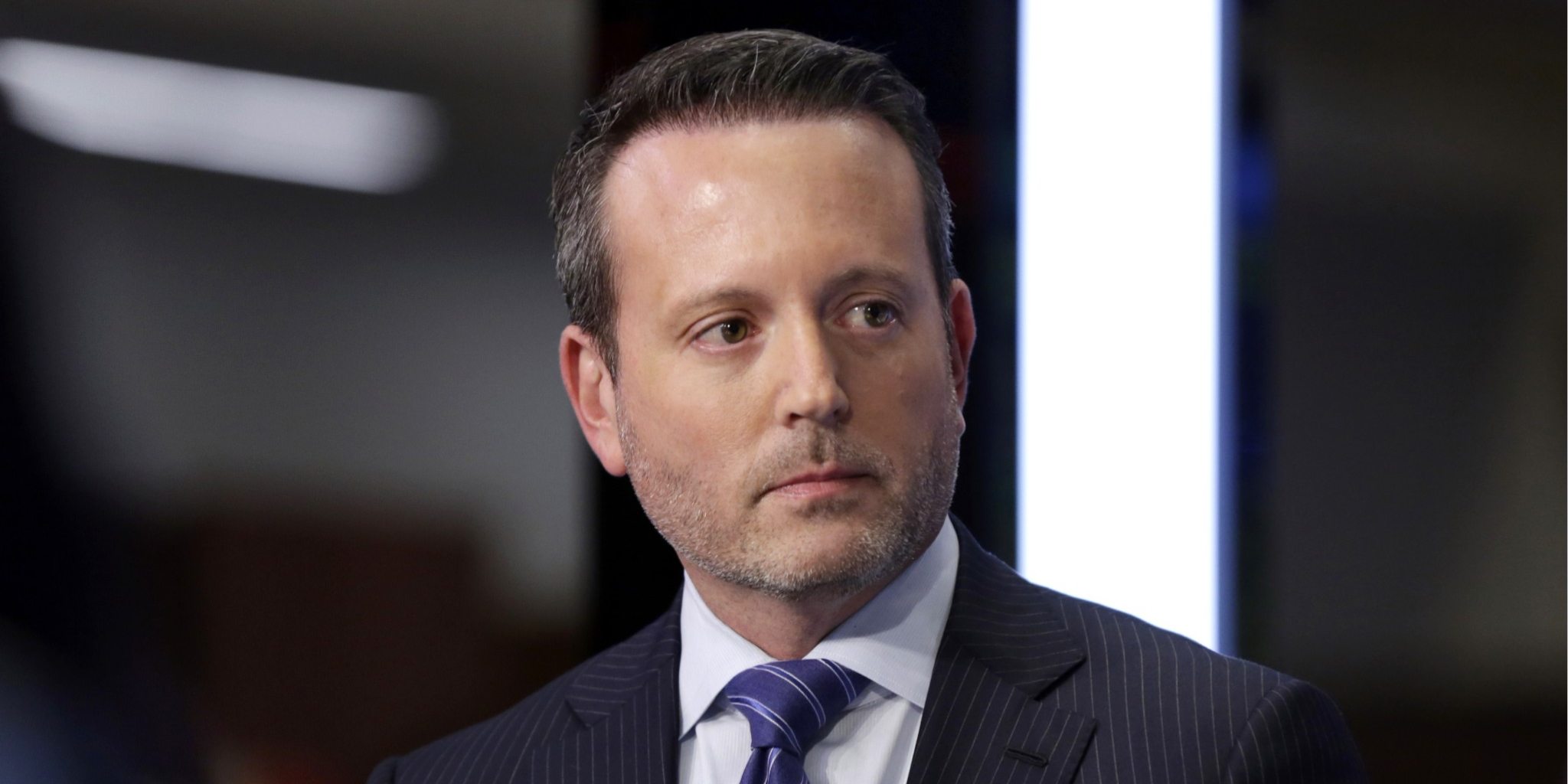
Allergan CEO Brent Saunders (via AP images)
The list gets longer: Merck, Allergan, Novartis issue 2020 drug price hikes — report
The price train continues chugging in one direction.
On Friday, a trio of drugmakers — US-based Merck, Ireland-headquartered Allergan and Swiss drugmaker Novartis — issued a round …
Sign up to read this article for free.
Get free access to a limited number of articles, plus choose newsletters to get straight to your inbox.